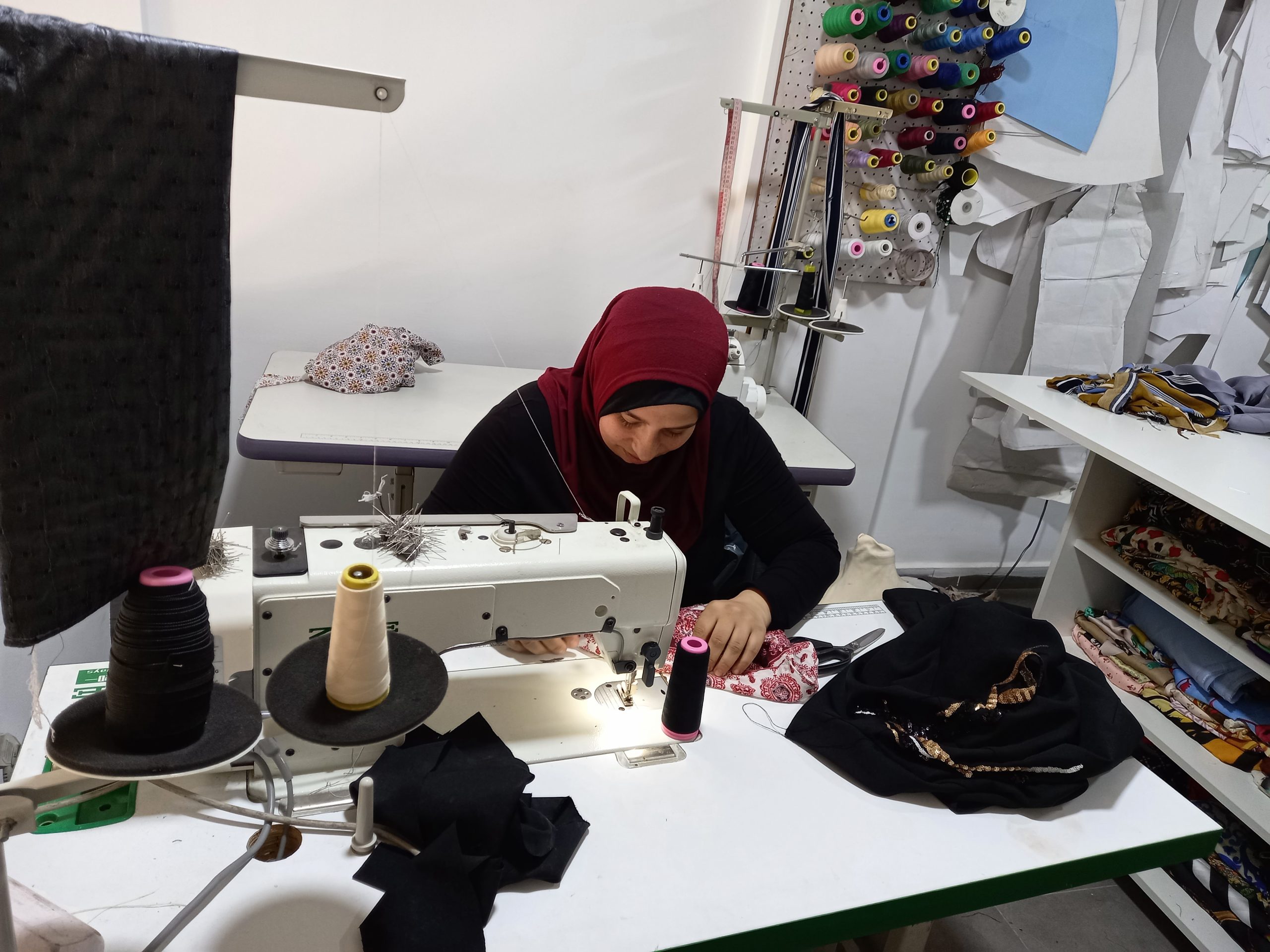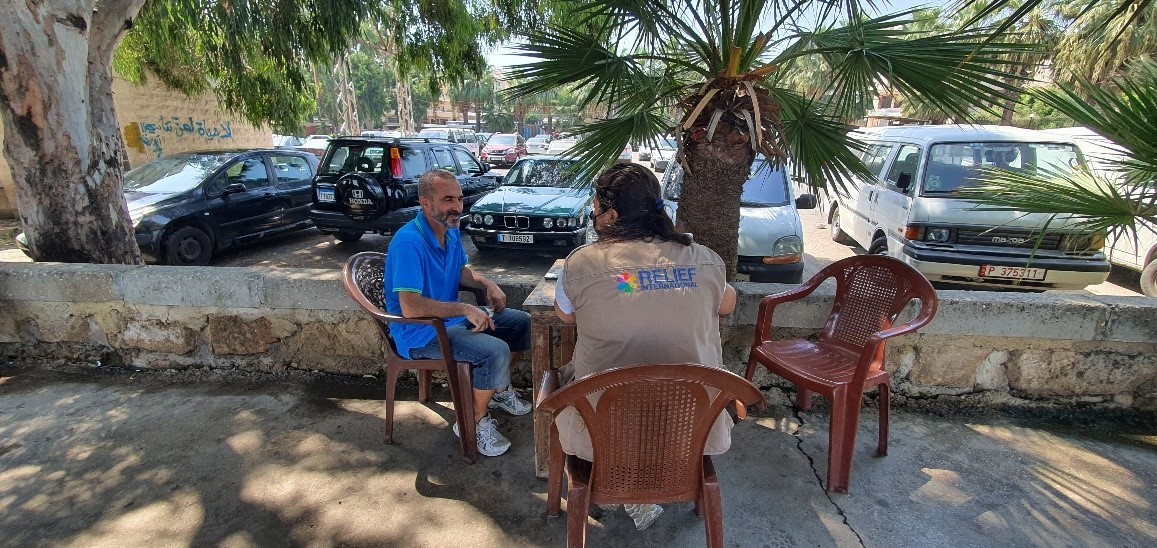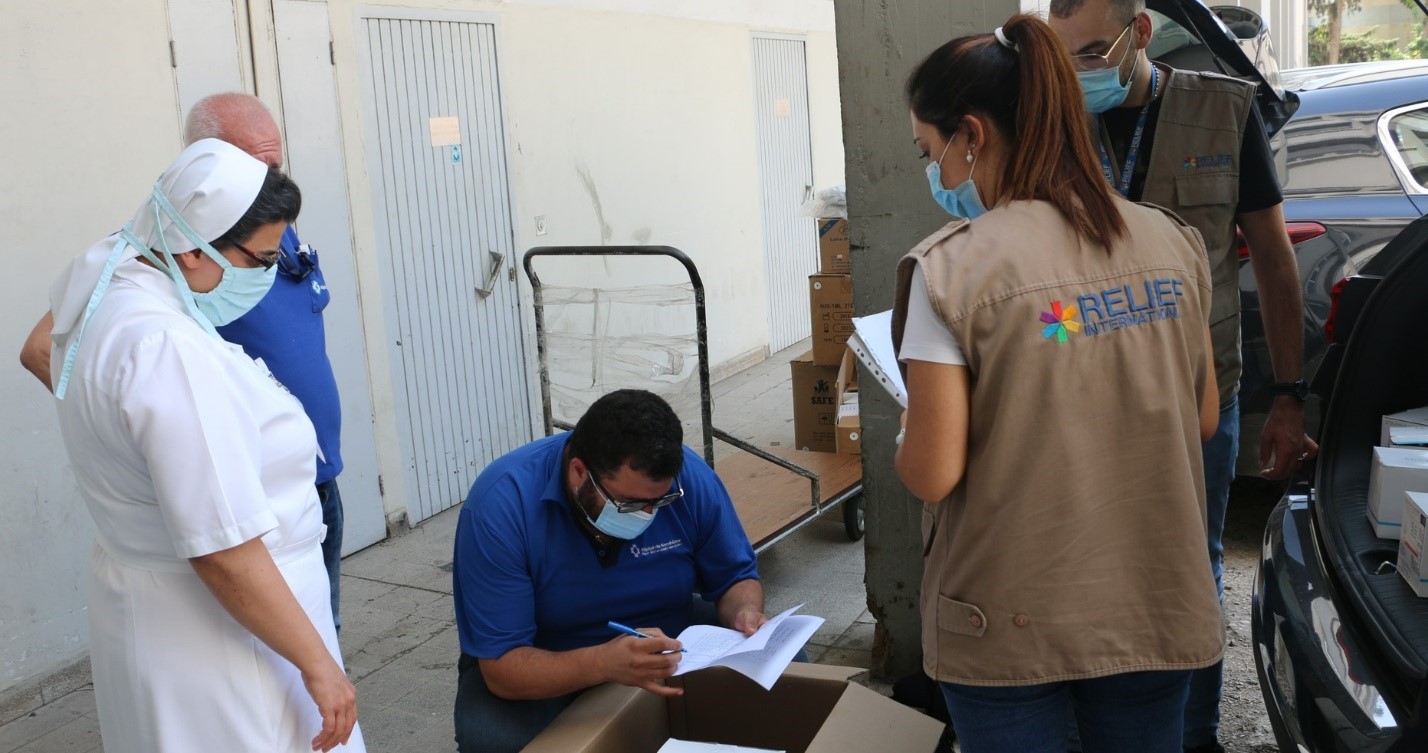Lebanon, a country of over 6 million people, including 1.5 million Syrian refugees who have fled a raging war across the border, is in the middle of the worst economic crisis in the country’s history.
There are widespread shortages throughout the country; not enough food on supermarket shelves, not enough medicines in hospitals or pharmacies, electricity shortages leading to near-daily blackouts, and a lack of fuel for cars and buses.
“Rising prices for everyday items like gas needed to cook with and diesel needed for heating are pushing families to the brink,” says Sandra Nakhle, Relief International Country Director for Lebanon. “These items are basic necessities for families to endure the cold winter ahead, yet they are increasingly out of reach.” Many experts are forecasting that the economic situation is only going to get worse.
As living conditions in Lebanon deteriorate, Sandra and her Relief International team are working to mitigate the impacts of extreme poverty on the lives of both Syrian and Lebanese households, including families with multiple children, people with disabilities, and female-headed households. Sandra oversees programs in the North, the Bekaa, Mount Lebanon, Beirut, and in the isolated border region of Arsal. One way RI is supporting thousands of families is through unconditional cash assistance, empowering them to provide for their most urgent needs such as food, rent and healthcare.
While living conditions in Lebanon continue to decline for everyone, those most affected are often Syrian refugees. Nabila, a 32-year-old mother of four, has experienced the impact of this decline first hand. “I lost my job as a school assistant two years ago, and the daily wages of my husband, an agricultural worker who is only working a few days a month, were not enough to cover the rental fees of our small house,” Nabila remembers.
Having lost her job, and with no stable income in the family, Nabila’s children were forced to work to help their family survive. “One of my sons was working with an employer as a plumber. He was verbally abused, assaulted, and beaten on several occasions. Another was selling vegetables on the street where he was bullied, and physically harassed by other residents in the area,” Nabila says.
Abuse, exploitation and violence are common for refugees whose options are limited and who have no formal access to the protection and rights afforded to other workers.
“Relief International aims to help people in situations like Nabila through our New Beginnings program,” states Sandra. “This program provides vocational training and career counselling that help people find new jobs to provide for themselves and their families.”

Nabila sits at her sewing machine, using the skills she learned in the RI New Beginnings Program ©RI
Nabila was one of the first participants in the New Beginnings project, and was the first to be placed in a job after she completed a sewing vocational training program. Nabila also had access to conditional unrestricted cash assistance that helped her pay for things like rent, food and healthcare while she was training. Most importantly, the assistance was enough that her children no longer needed to work, and could instead concentrate on their education.
Once her training finished in April 2021, Nabila was able to find a job in a small dressmaking company. “For the first time in my life, I feel proud of myself. Now my family has a steady monthly income,” Nabila states. “I am happy not only because I have a job, but also because I know that my sons are safe and nothing will happen to them.”

Relief international staff member counselling a member of local community ©RI
In addition to educational and financial support, Relief International also provides much needed healthcare assistance for both Lebanese and Syrian people.
We bolster technical support and supplies to health facilities around the country, we provide local people with subsidies for medical fees so that they can access the care they need, and we offer much needed mental health services through one of the largest networks of mental health professionals in the country. Our team of social workers and professional clinical psychologists helped over 3500 people access mental health services in 2020, and continues to do the same in 2021.
“As our country faces multiple crises, Relief International’s programs give Syrians and Lebanese people the opportunity to become gainfully employed and access much needed healthcare services,” says Sandra. “We run these programs to offer the support people need to weather this incredibly difficult period in Lebanon.”
